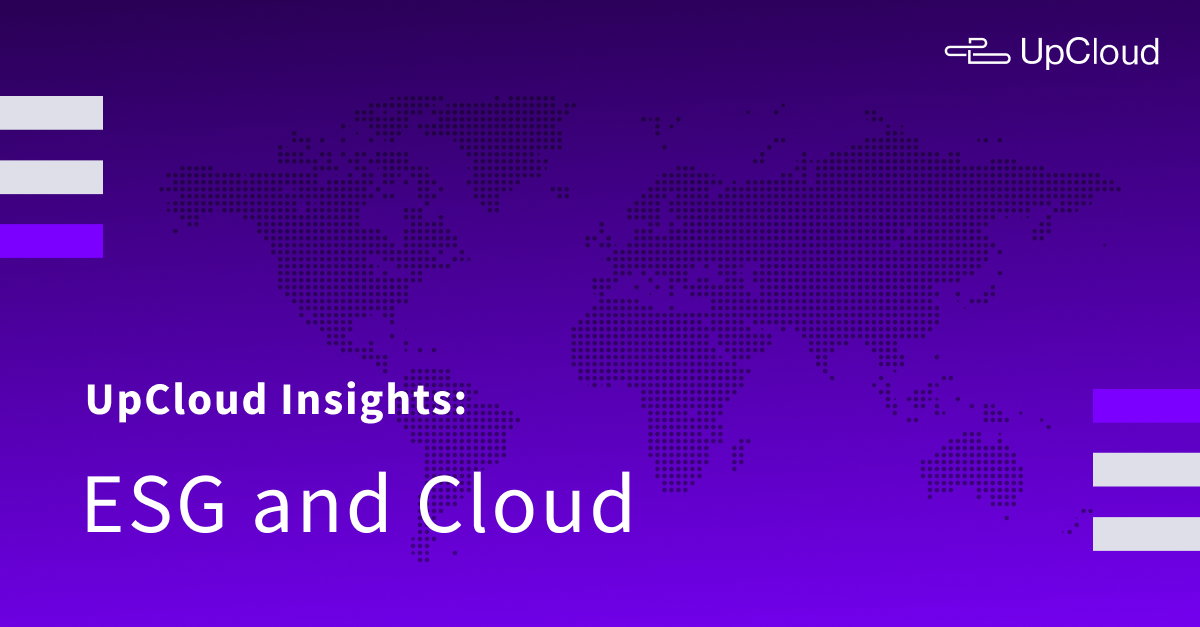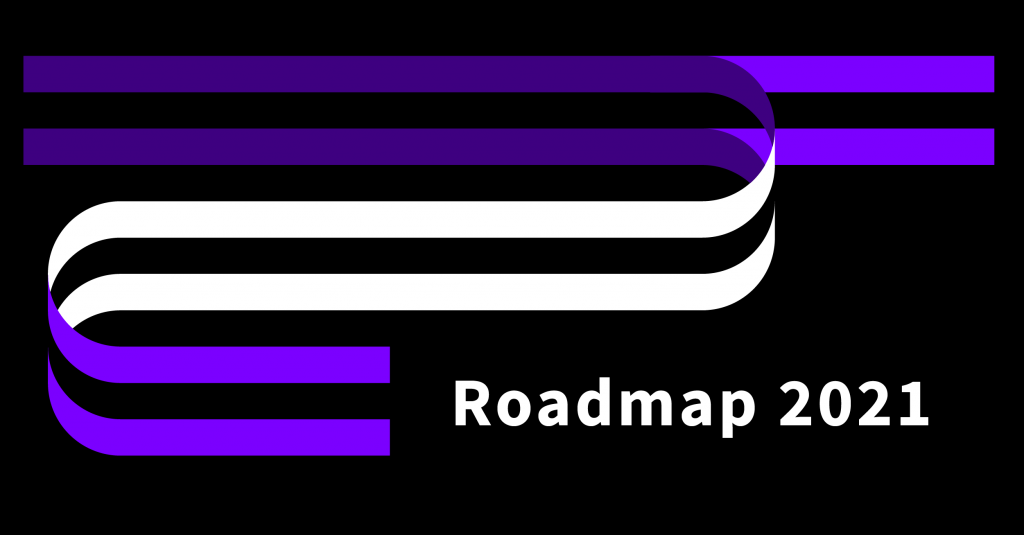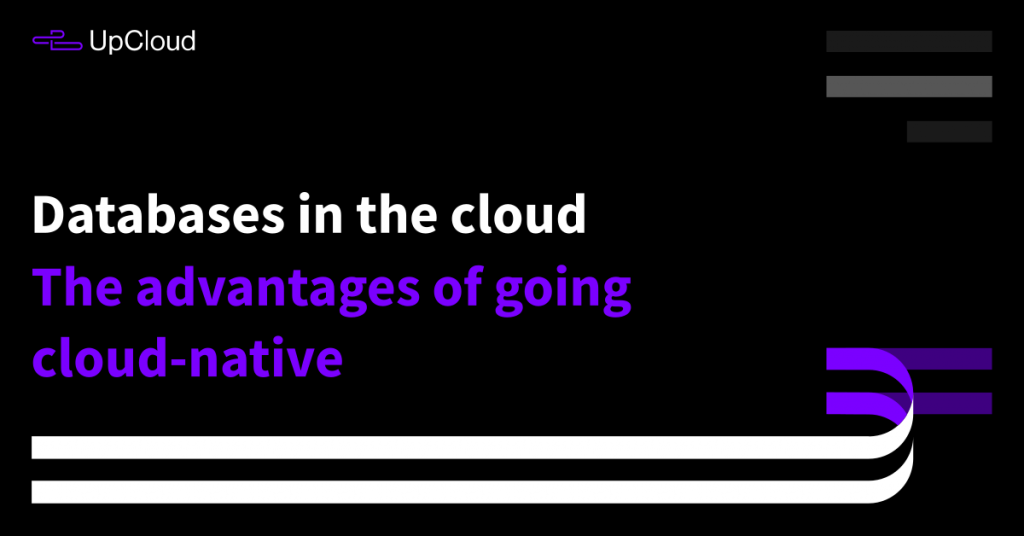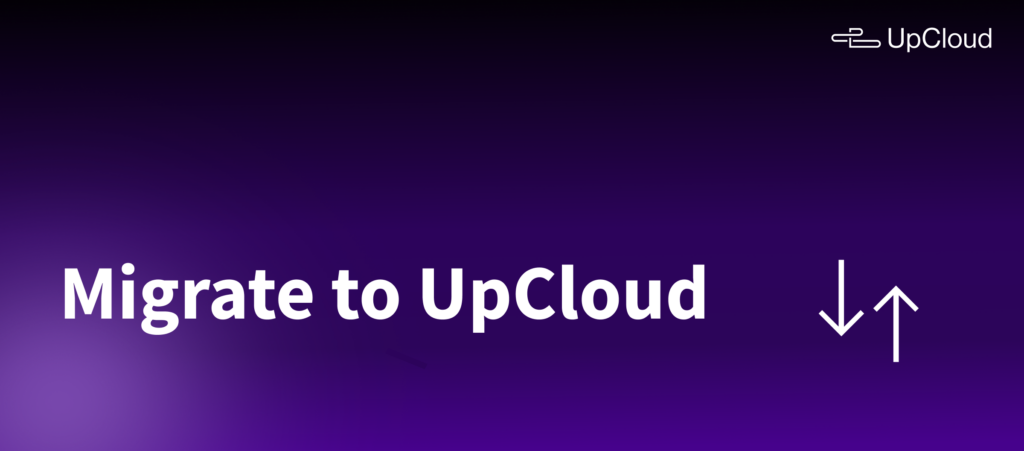Over the last few years, businesses have stepped up their commitment to dealing with environmental, social and governance (ESG) issues. With investors, regulators, governments, customers, and employees increasingly evaluating companies on ESG criteria, many businesses are struggling to balance revenue generation with delivering on these commitments.
Leading organisations have committed to Net Zero targets by 2030 and many are now establishing criteria to evaluate the sustainability and ethical impact of business operations. But how can cloud technology and green coding help us reach these goals?
Let’s delve deeper!
The benefits
Cloud computing can offer significant benefits when it comes to sustainability, from promoting energy efficiency to supporting remote work – helping reduce a business’s carbon footprint both directly and indirectly.
The scalability of cloud computing means users can adapt their needs on-demand – scaling up only when needed. Not only does this minimise environmental impact by minimising overprovisioning, but it also helps businesses to lower their overall costs as they no longer waste money paying for computing power they don’t currently need. Think of the benefits of turning off the heating in summer and using it only in winter!
What’s more, when selecting a provider with data centres in geographies with low water stress, businesses can further strengthen their commitment to achieving ESG goals.
In terms of governance, cloud providers invest heavily in cybersecurity and compliance, ensuring data privacy and regulatory adherence. Leveraging the cloud not only enhances operational efficiency but also enables businesses to align their processes with sustainable practices, empowering them to meet ESG objectives and contribute positively to society and the environment.
This, when paired with green-coding practices, can have a significant effect.
Green coding
With a focus on minimising environmental impact, green coding – or sustainable software development – sees businesses create software that is energy-efficient and resource-conscious.
In effect, this means optimising code for better performance, which reduces the overall carbon footprint of what can often be a resource intensive operation, requiring significant computing power.
By adopting green coding principles, developers contribute to a more sustainable IT industry, cut energy costs, and help mitigate the environmental effects of software development.
ESG reporting
All of that sounds great, however what many companies struggle with is reporting on ESG efforts, as data availability and quality are often difficult to access. This in part can be accredited to the lack of a single ESG reporting standard, however despite this, cloud-based data management and reporting can help alleviate this issue for businesses through automation and standardisation of data.
Not only does this increase the overall efficiency and transparency of a business’s efforts when it comes to ESG, but it also offers management valuable insights into understanding diverse social and environmental risks.
With regulators such as the USA’s SEC looking to adopt more stringent legislation on ESG – even though its 2022 proposed climate disclosure rule has been delayed until late 2023 – businesses everywhere can expect to experience increased pressures when it comes to reporting on ESG measures. Incidents of greenwashing and failure to follow policy and procedure have already been observed, with more predicted as regulatory boards up the ante when it comes to tackling the climate crisis.
UpCloud’s commitment to ESG
As a Finnish cloud provider we are strongly committed to environmental policy and sustainable development, recognising Finland’s pledge in becoming carbon neutral by 2035. We continuously work to offset our carbon footprint and ensure our partners share the same commitment to ESG policy.
As mentioned previously, we invest heavily in cybersecurity and compliance, ensuring data privacy and regulatory adherence – providing clients and their customers peace of mind knowing their data is GDPR compliant and safe.
We are committed to work with responsible businesses, helping build a greener and safer world for the future.
Interested in finding out more? Reach out to our team today!



